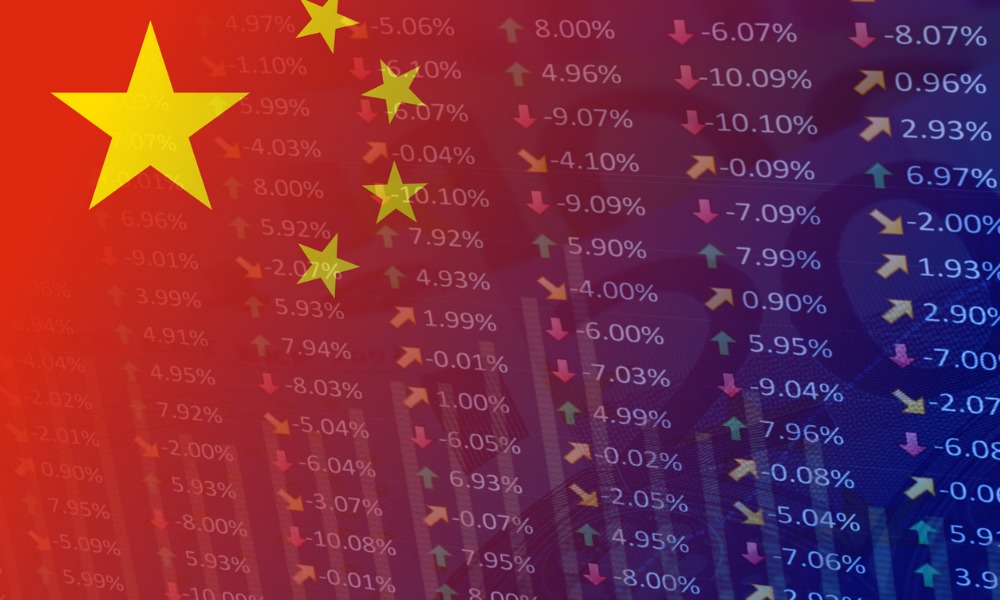Policy changes, tightened regulatory scrutiny, and efforts to contain commodity markets raise concern among analysts

As one of the world’s economic superpowers, China often gets the spotlight from analysts and economists that trumpet opportunities in emerging markets. But with the continuing uncertainty weighing on the financial markets around the world, the Asian nation is also receiving its fair share of bearish sentiment.
As reported on Barron’s, the Chinese stock market has been one of the world’s worst performers so far this year. While other markets are charging higher, the iShares MSCI ETF has dipped 1.2%. With a near-37% weighting within the MSCI Emerging Markets Index, China represents one of the biggest risks to the broader index.
There are numerous reasons for strategists to be cagey about the Tiger economy. One frequent leading indicator for global growth and cyclical stocks has been the ease of borrowing in China, making its moves to tighten credit a cause for concern. There’s also the country’s increased scrutiny over big internet and tech companies, which DataTrek Research co-founder Nicholas Colas has raised concerns about.
In a bid to moderate surging commodity prices and inflationary pressures, China has taken on several actions including releasing strategic reserves and instituting overseas trading curbs, Barron’s noted. That has sapped some of the momentum from the commodities rally, dampening the picture for resource-intensive developing markets.
But rather than derailing upward moves in commodities like oil and copper, Gavekal Research analysts argued that China has only pressed the pause button, particularly as the country is more of a “price taker” than a “price setter.” With data indicating decade lows in stockpiles for those commodities, the analysts said the recent pullback in commodities is bound to reverse.
Across the Pacific Ocean, analysts have also flagged reservations about Federal Reserve actions as another driver of risk. DataTrek’s Colas said worries over the timing of rate increases could put emerging markets under pressure.
BlackRock Investment Institute strategists also warned clients in a note that transitory spikes in rates could challenge developing markets. They weren’t so concerned about the Fed causing a 2013-type taper tantrum by dialling back its stimulus, however, as they believed EMs are less vulnerable today than they were before.



